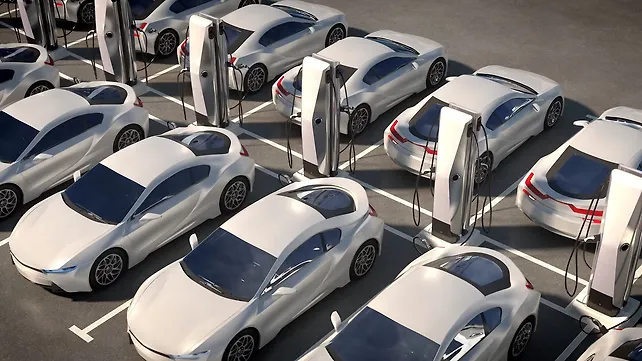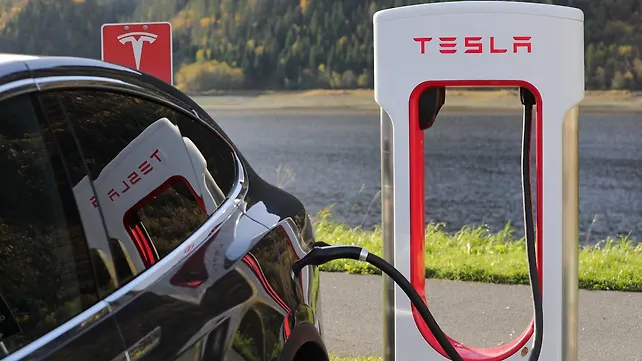
While the electric vehicle (EV) market continues to step up its growth alongside the conventional auto market, the adoption hasn’t been up to speed. Countries may have formulated future-ready strategies to boost EV fleet adoption – with Norway going completely electric in new-car sales by 2025 – but in India, consumers are yet to display promising change.
In India, range anxiety and the lack of EV charging options continue to haunt the sector as the toughest barriers. An efficient EV charging technology is the only tipping point to positive EV adoption.
Challenges To EV Adoption
There are chiefly three critical issues that are quoted as challenges to mass EV adoption: the price of EV ownership, EV range anxiety and the lack of e-mobility infrastructure.
Car users lament the deficiency of charging stations, and it’s a very serious barrier to turning the tide in favour of EVs. While OEMs are championing the cause of establishing and boosting necessary EV charging infrastructure, a passable threshold has yet to be reached for any real change to occur. Being able to offer a variety of quick charge capabilities is an important milestone for the EV sector, and all ancillary industries to reach before tasting real success.
What Does The Industry Need?
In order to change consumer preference, there are some key requirements, but the topmost priority is fast charging solutions. They’re the best way to draw buyers as they ease two out of the three mentioned challenges. Fast charging options enable EV users to make intercity travel without the dread of getting stuck without charge. If long-distance travel can be made a reality, it can directly lead to the thawing of the current consumer disinterest in EVs.

Here’s how technology can come to the rescue:
Standard CCS solutions from GB/T and ChaDeMo: The Combined Charging System (CCS) is the gold standard for EV charging and some comparable competing systems include the Japanese CHAdeMO, Chinese GB/T, and the Tesla Supercharger. Since this standard solution uses a single point of supply as opposed to the rest that uses multiple points of supply functionality, chances of fault in the solutions’ reliability may crop up. It would be great to have the lesser touch-points offer the standard solutions.
Open Charge Point Protocol (OCPP):The OCPP is an open communication standard that makes cost savings and innovation possible. As the existing communication standard connecting EV charging stations and their management systems, OCPP is recognised by industry leaders everywhere for accommodating all manners of charging systems. What makes this system so wholesome is that its charging technique is agnostic. In addition, OCPP offers station operators the freedom to purchase apparatus of various make. Also, provided the charging stations and their management systems are all OCPP compliant, the system allows any station to get connected with any management system. Thus, this particular standardisation has upgraded the digitisation efforts of EV chargers overall and this can enhance EV consumers’ interest.
Battery Swapping Stations:Battery swapping stations are another necessary development for the sector. This option affords OEMs with basic capacity batteries to install stations in busy urban spaces to assist EV users in solving the supply and reliance problems. Simply by aiding users to replace their discharged batteries with charged ones, a great solution for hyperlocal or intercity vehicles, who travel a lower range in one go can be provided. For example, intercity logistics and autorickshaw commutes will find this solution extremely helpful.
Discovery and aggregator apps for EV charging: Aggregator apps are a hit in India and if there are ones to display lists of live EV charging stations, it will further cement the growing confidence of future EV buyers. Digital information and geo-location-based apps are a great option for EV users to leverage before planning long trips.
In Conclusion
Only planned infrastructure and tech upgrades will pave the way for mass EV adoption. If we consider changing people’s minds via the EV charging route, we need an efficient network of charging stations and apps to inform us about the same, battery technology that reduces range anxiety, open protocol standardisations, etc. Only in this fashion, can we convert consumers to EV buyers.
About the Author: Raghav Arora is the Co-Founder at Statiq